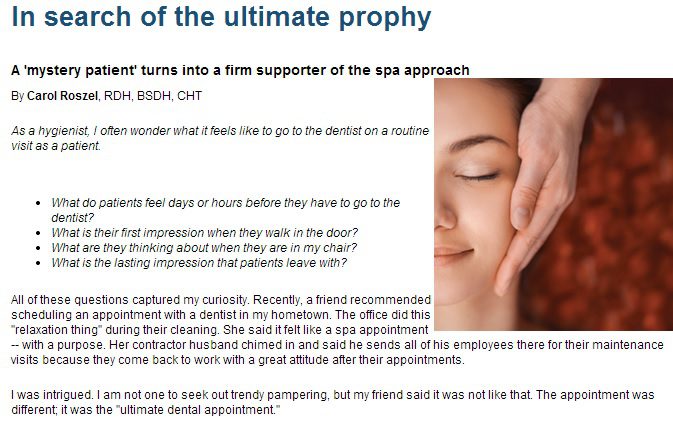Dental anxiety is a lot more complex than most people would think. In fact, the University of Washington’s Dental Fears Research Clinic believes that as many as 75 percent of all adults in the country experience dental anxiety in some way or form.
In an article for DentistryIQ, registered dental hygienist Carol Roszel recounts her own experience as an anxious patient. According to Roszel, it’s not so much the scary-looking devices that patients fear the most as the idea that they’re sitting powerless as the dentist carries out the procedure, making an uncomfortable experience even more stressful:
Fear of pain may come from an unexpected touch, and nearly every touch is unexpected. I feel exposed and vulnerable when someone touches my face; I bet patients feel the same. Anticipating the zinger when the hygienist gets to “that” tooth and the dreaded shot contribute to anxiety. Although we call it local anesthetic, it’s a shot to them. There’s never really a sense of relaxation, even at a dental hygiene appointment.
It is with this realization that Roszel became a proponent of the gentler and less-intrusive approach to dentistry, which a respected dentist in Greenville, SC like Dr. Brian Derrick also favors. Such a dentist ensures that each dental appointment is as relaxing and comfortable as possible.
Squeamishness prior to a dental visit or procedure is a common sign of dental anxiety, but it pales in comparison to more serious symptoms like insomnia, breathing difficulty, and actual physical sickness. Serious dental anxiety often leads to full-blown dental phobia, a condition that the American Dental Association believes affects 10 percent of all American adults. In addition, dental anxiety and phobia are widely believed to play a large role in the prevalence of tooth decay, periodontal disease, and the like all over the country in recent years.
While dentists in Greenville, SC and elsewhere can only do so much to allay patients’ fears, they do employ various effective methods to calm people’s nerves. For instance, encouraging people to talk about their fears can help put them at ease. At many dental offices these days, one can find TV sets, music players, and books that keep patients distracted throughout the procedure. Some, like Dr. Derrick, administer nitrous oxide as a sedative to dull patients’ senses during a procedure.
One might argue that dental anxiety is engrained in the human psyche, and it’s highly unlikely to go away. That said, fear shouldn’t be used as an excuse for people to be lax with dental care, and delay or even avoid visits to the dentist.
(Source: In search of the ultimate trophy, DentistryIQ, June 29, 2014)

